Transforming your approach to music production isn’t just about learning new technical skills or staying updated with the latest software; it’s deeply rooted in cultivating a robust work ethic.
1. Set Goals
Whether your objective is to master a new genre, finish tracks, or learn new techniques, establishing and tracking these goals serves as a crucial element in maintaining trajectory and, significantly, sustaining motivation.
Set Your Goals:
1. Clarity is Key: Clearly define your long-term and short-term objectives as a music producer. Whether it’s releasing a certain number of tracks, gaining a specific number of followers, or mastering a particular production skill, make your goals as specific and measurable as possible
2. Break it Down: Take your overarching goals and break them down into smaller, manageable tasks. This step-by-step approach makes your objectives less overwhelming and more achievable. For example, if your goal is to release an album, break it down into tasks like songwriting, production, mixing, and mastering.
3. Timely Targets: Assign realistic timelines to each of your tasks. This not only helps you stay on track but also creates a sense of urgency and accountability. Setting deadlines for completing specific elements of your projects will contribute to your overall productivity.
4. Regularly Review: Periodically revisit and reassess your goals. As you gain experience and your musical journey evolves, your objectives may need adjustments. Regular reviews ensure that your goals remain relevant and aligned with your aspirations. By setting clear and achievable goals, breaking them down into manageable tasks, assigning timelines, and regularly reviewing your progress, you’ll establish a roadmap for success in your music production career

2. Create A Schedule
Time management is a cornerstone of a productive work ethic. Develop a consistent and realistic schedule that accommodates your other commitments while ensuring dedicated time for music production. Whether you’re a full-time producer or balancing multiple responsibilities, a well-structured schedule helps you allocate time efficiently, fostering a disciplined approach to your work.
How can you create a schedule?
1. Chunk Your Time:
Break your day into powerful chunks. Each chunk is a dedicated hour for a specific aspect of your music journey. One hour for practicing an instrument, another for finishing a track, and, of course, one for those essential breaks. Because even the most hardcore producers need a breather.
3. Stick-to-Itiveness:
Creating the schedule is just the beginning; the real magic is sticking to it. Treat your schedule like a setlist for a stellar performance.
4. Break Time Jam:
Don’t underestimate the power of breaks. They’re not a sign of weakness. Step away, grab a snack, do a little dance – whatever refreshes your creative soul. It’s in these breaks that ideas bloom and beats get stronger.
5. Flexibility Is Key:
While schedules are fantastic, don’t be afraid to improvise. Sometimes, the best melodies come when you let loose. Be flexible, adapt, and let the creative flow with the rhythm.

3. Organise Your Workspace
Now, let’s talk about taming the studio chaos. Your workspace is like a canvas; a clutter-free one is crucial for a seamless creative flow.
Keeping your space tidy not only saves time but also ensures frustration takes a back seat in your music production journey.
1. Clear Out Clutter:
– Get rid of anything you don’t need on your workspace. Keep only the essentials.
– Put away items that are not related to music production.
2. Organize Tools and Equipment:
– Arrange your music production tools, like your computer, keyboard, and audio equipment, in a way that’s easily accessible.
– Use cable organizers to prevent tangled wires.
3. Create Specific Zones:
– Designate areas for different tasks. For example, have a dedicated space for your computer, a separate one for instruments, and another for notes or paperwork.
4. Use Storage Solutions:
– Invest in storage containers or shelves to keep things organized.
– Label containers so you can quickly find what you need.
5. Keep it Clean:
– Regularly dust and clean your workspace to maintain a professional and inviting atmosphere.
6. Prioritize Functionality:
– Arrange items based on how frequently you use them. Keep the most important tools within easy reach.
7. Personalize Thoughtfully:
– Add personal touches, but avoid overcrowding. Decorate your space in a way that inspires creativity without creating distractions.
8. Digital Organization:
– Organize your digital files on your computer. Use folders and naming conventions that make sense to you.
9. Update Regularly:
– Periodically assess your workspace and make adjustments as needed. Remove anything that no longer serves a purpose and add items that enhance productivity.
– Remember, the goal is to create a workspace that promotes efficiency and creativity while minimizing distractions and clutter.
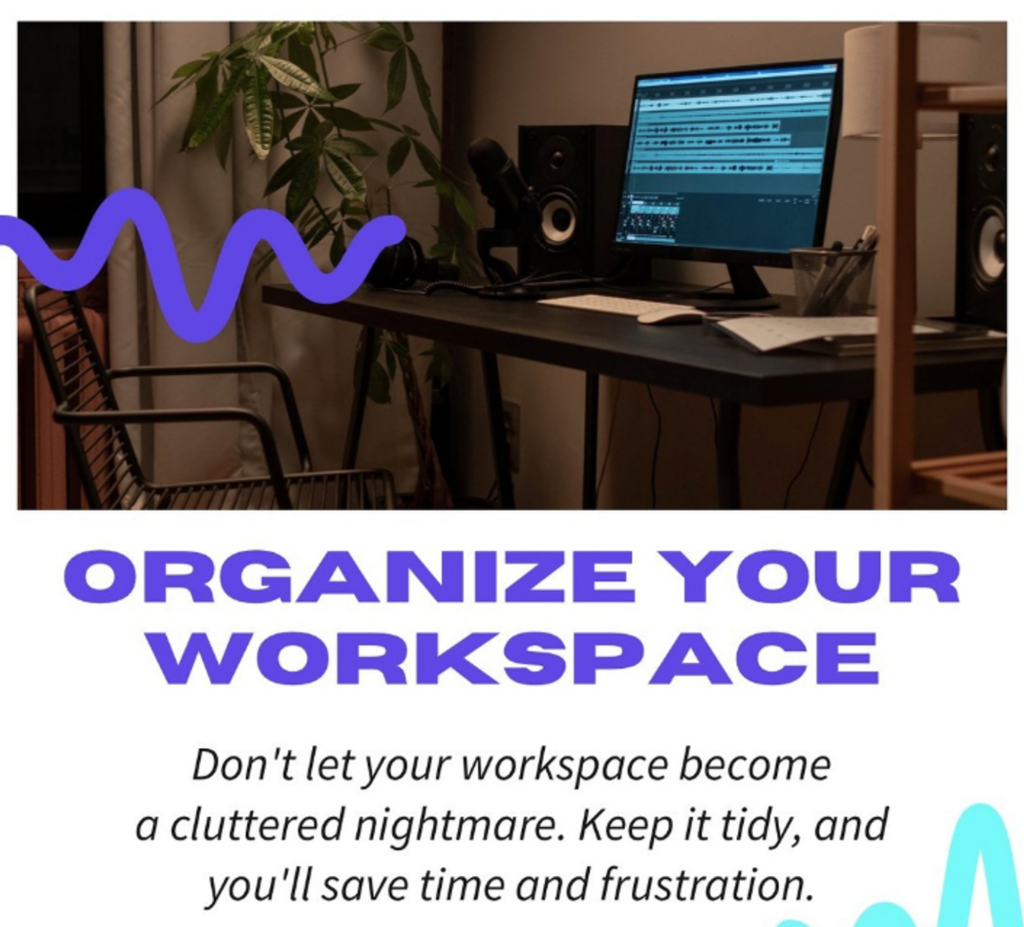
4. Organize Your Project Files
Establish a systematic approach to naming, categorizing, and storing your project files. A well-organized filing system simplifies your workflow and makes it easier to revisit and revise projects in the future.
These are a few ways project files could be organized
1. Version Control, Simplified: Now, about those never-ending versions – it’s time to bring order to the chaos. Adopt a versioning system that makes sense to you. Whether it’s dates, stages of completion, or thematic names, keeping track of versions becomes a breeze.
2. Logical Folder Structure: Creating a logical folder structure is the key to a digital treasure hunt without frustration. Imagine having dedicated folders for samples, project files, exported tracks, and more. This not only streamlines your current project but also makes revisiting past gems a joy.
3. Keywords for Efficiency: Consider adding keywords or tags to your project files. This little trick turns your digital library into a searchable database. Looking for that funky bassline from last summer? A quick search, and you’re back in the groove.
4. Backups, Always: Last but not least, the unsung hero – backups. Incorporate a backup routine into your workflow. Losing hours of work due to a technical glitch is the stuff of nightmares. Regular backups ensure that your musical creations are safeguarded.
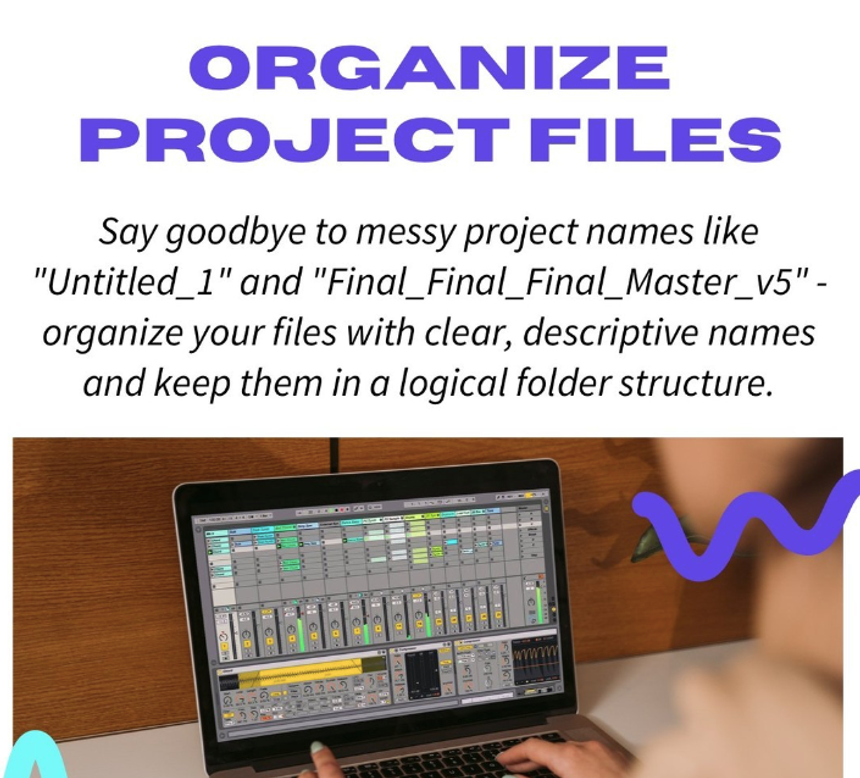
5. Take Breaks
Integrate brief pauses into your schedule to avoid ear fatigue and sustain productivity. Well-timed breaks play a crucial role in refreshing your mind, preventing exhaustion, and enhancing overall work efficiency.
These are a few ways or methods one can adopt to take breaks;
1. Take a Walk or Exercise:
– Physical activity increases blood flow, delivering more oxygen to the brain, which can help improve cognitive function and creativity.
– Exercise releases endorphins, the body’s natural mood lifters, promoting a positive mindset and reducing stress.
2. Practice Mindfulness:
– Mindfulness and meditation techniques encourage focusing on the present moment, calming the mind, and reducing mental clutter.
– Taking a few minutes to practice mindfulness can enhance self-awareness and improve overall well-being.
3. Explore Artistic Inspirations:
– Reading a book, exploring visual art, or listening to diverse music exposes you to different artistic expressions and perspectives.
– Drawing inspiration from various art forms can infuse your music with fresh ideas and creative approaches.
4. Engage in Activities That Bring Joy:
– Spending time with loved ones or indulging in hobbies provides emotional support and relaxation.
– Joyful activities contribute to a positive mindset, fostering a creative environment.
5. Limit Screen Time:
– Prolonged screen exposure can lead to mental fatigue and eye strain.
– Taking breaks from screens allows your eyes to rest and prevents digital burnout.
6. Try a Change of Environment:
– Moving to a different room or going outside introduces new stimuli, sparking creativity.
– A change of scenery can break the routine and stimulate fresh perspectives.

Conclusion
Improving your work ethic as a music producer is a practical endeavor.
By setting clear goals, adhering to a realistic schedule, maintaining an organized workspace and project files, and taking strategic breaks, you establish a foundation for a more professional and efficient approach to music production.
Commitment to these simple principles will contribute to the continuous improvement of your skills and the advancement of your career in music production.



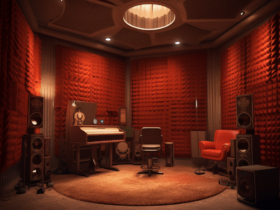

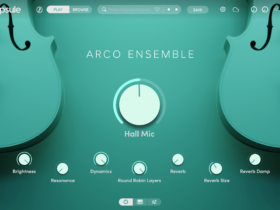
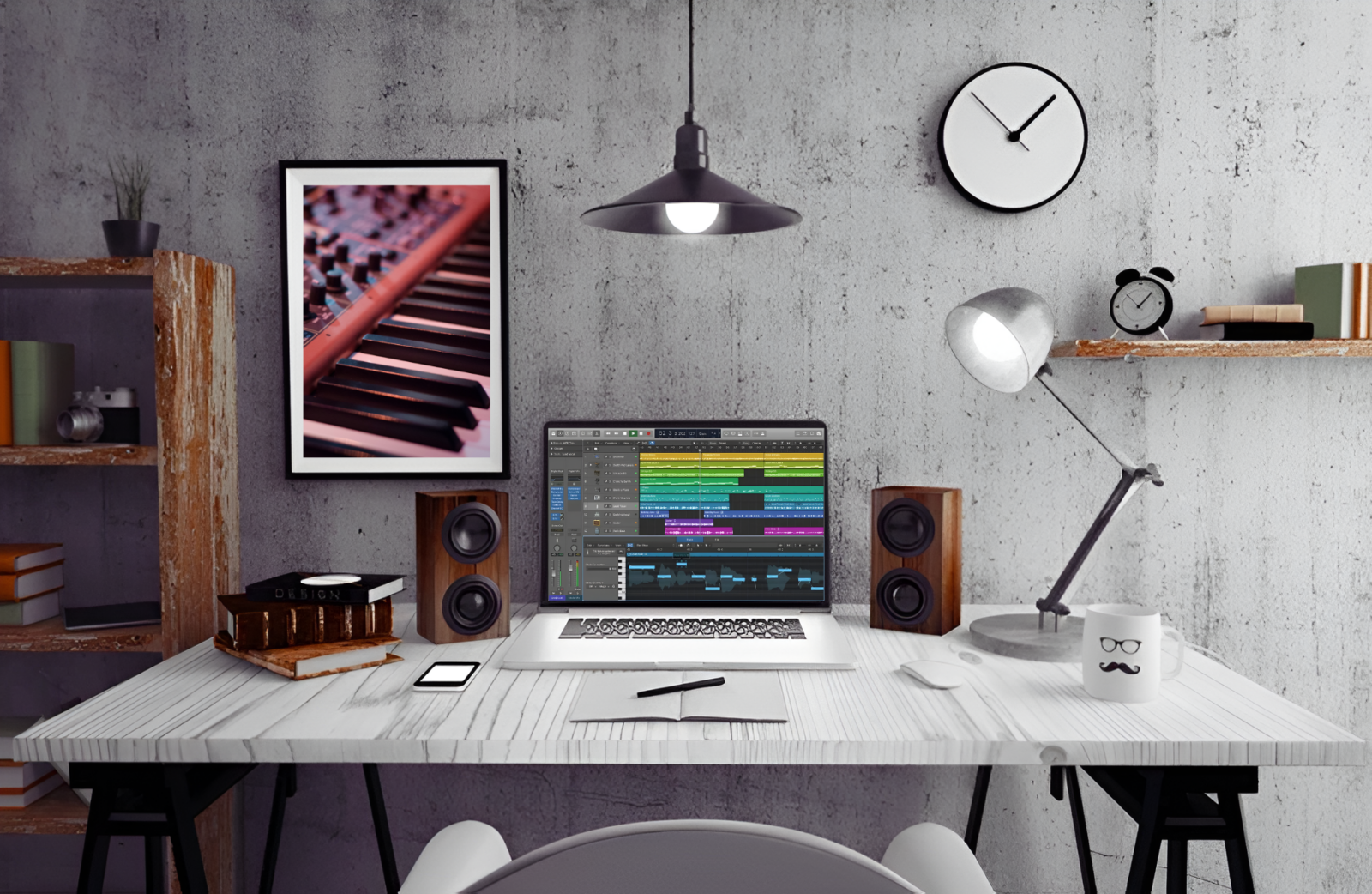
Leave a Reply